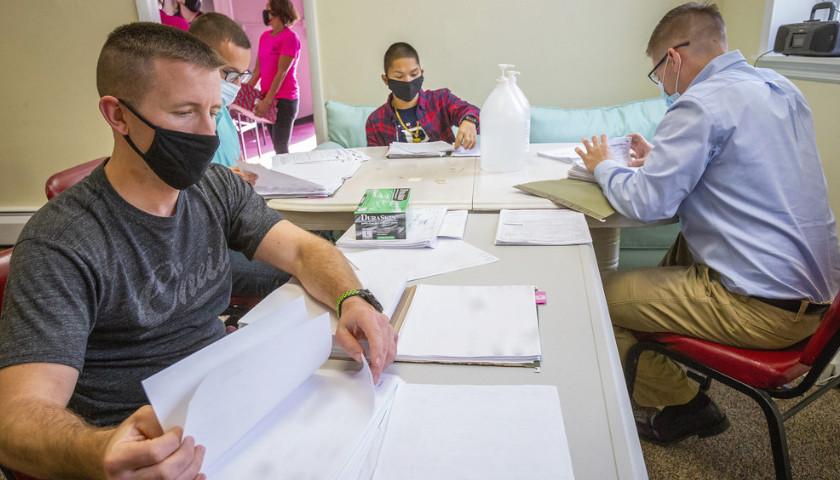by T.A. DeFeo
The Supreme Court of Georgia affirmed a Fulton County judge’s decision to dismiss a lawsuit by five University System of Georgia professors filed challenging a change to campus gun-free zones.
The professors challenged a 2017 amendment to state law removing public colleges and universities from the designated “school safety zones” prohibiting weapons. Before the 2017 amendment, carrying a weapon on campus was a misdemeanor.
The professors argued state law required the Board of Regents, the University System and individual institutions to allow someone to carry a weapon on campus and wanted a judge to rule the 2017 amendment was unconstitutional.
Court overturns law requiring state licenses for lactation consultants
The Supreme Court of Georgia overturned a law requiring lactation consultants to obtain state licenses.

“As a legislator I opposed the law that required lactation consultants be licensed and voted against it,” Georgia Secretary of State Brad Raffensperger, a Republican, said in a statement. “But it passed the legislature and was signed into Georgia law.
“Upon assuming my duties as Secretary of State, I became the named defendant and was constitutionally obligated to defend it in court,” Raffensperger added. “One of the duties created by taking an oath of office is having to defend laws you may not personally support.”
Groups file new motions in voting bill fight
Voting rights organizations filed motions for preliminary injunctive relief in their push to overturn Senate Bill 202, the Election Integrity Act, including a claim the law discriminates against Black voters.
The measure, in part, prohibits “line relief” — such as distributing water to voters waiting in line — and imposes absentee ballot identification requirements.
The organizations filed a motion for a preliminary injunction challenging the requirement to include a birthdate on absentee ballots. Opponents argue the requirement is immaterial to determining eligibility, violates federal law and is being used to disproportionately discard the votes of people of color and women.
– – –
T.A. DeFeo is a contributor to The Center Square.
Photo “University of Georgia” by University of Georgia.




